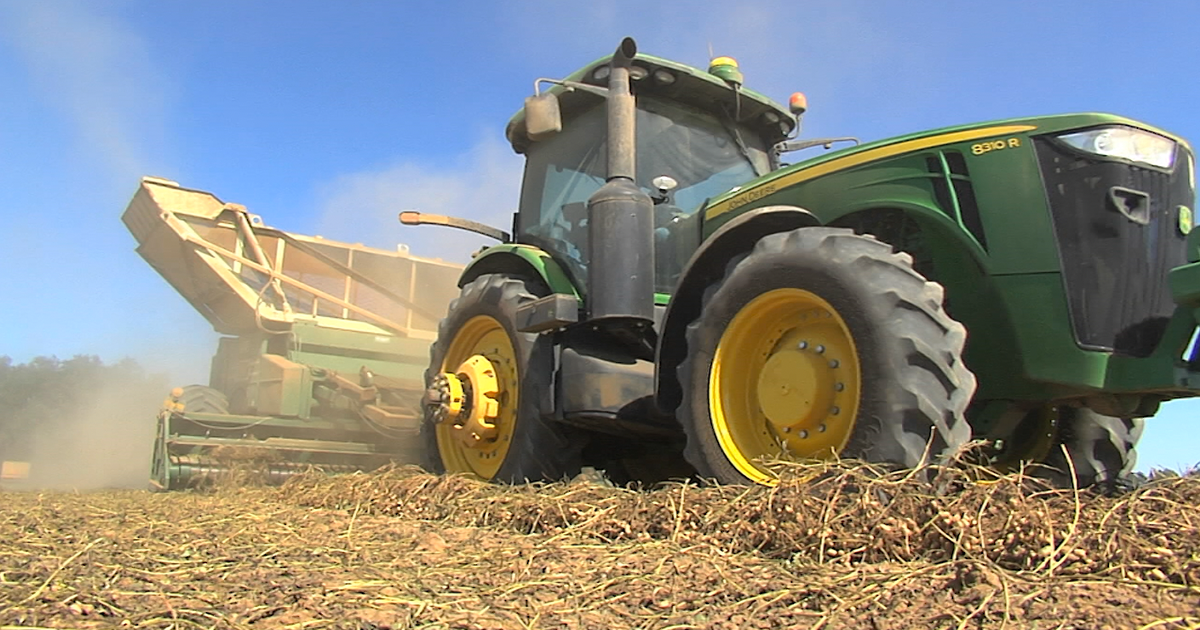Destin, Florida
While Sandestin might be a spot for those looking for a little fun in the sun, it recently played host to a conference highlighting one of Georgia’s staple crops, the peanut. Here at the Southern Peanut Growers Conference, producers got an opportunity to hear from experts, share ideas with fellow growers and get a fresh perspective about the industry.
“We’re bringing in a wider array of speakers. We’re trying to reach out into other areas that sometimes we’re not thinking about. We have our county production meetings. We have a state production meeting in Georgia every year. That gets you the basic knowledge on the production and all of that, but sometimes we need to think outside the box and this is an opportunity to do it,” says Joe Boddiford, Chairman of the GA Peanut Commission.
That’s exactly what longtime Congressman Austin Scott encouraged the growers to do, as he discussed an overlooked aspect when it comes to negotiating the new Farm Bill in Washington.
“Who owns the data on the crops that come off your farm? Some of the tractor companies want to own it. The seed companies want to own it. Ultimately, I believe it should belong to the farmer. Now, if the farmer decides that they want to contract that data out, that’s an asset of the farmer and they’ve got the right to do that, but we have to be having an honest discussion about who owns the data on the production on our farm,” says Rep. Austin Scott from Georgia’s 8th District.
However, that isn’t the only issue being talked about in the nation’s capital, as farmers are being put at more risk than ever due to a drop in spending on our nation’s food security.
“We only spend about one quarter of one percent of our total federal spending on the risk management practices for our farmers. So, as a country, that’s a very small amount. It puts a tremendous amount of risk on the backs of the family farm. If reference prices and other things don’t move to give those farm families more of a backstop if commodity prices fall, we stand the risk of vast bankruptcies throughout rural America. That’s something that would be devastating for our country and our food supply,” says Scott.
With that smaller safety net and the ever-increasing price of production, opening up new and untapped markets has become a priority for the University of Georgia and their peanut research team.
“One of the ways we can do that is by increasing the oil content of the peanuts as a potential oil market for peanut growers to participate in. The overall goal is to develop a dedicated, high oil peanut cultivar that will make a potential grower just as much money on the oil market as they would make on those same acres in the edible peanut market,” says Nino Brown, Peanut Breeder at UGA.
With those acres potentially going towards the high oleic varieties, that could improve the grower’s bottom line on two different fronts.
“We want to try to improve really two markets at the same time. So, improve the prices they’re getting on their edible peanuts and then hopefully also get some additional revenue from their high oil peanuts. You know, profitability is always number one and diversity is also a really important component of sustainability. So, we’re trying to address both of those things with our efforts,” says Brown.
By: Damon Jones

